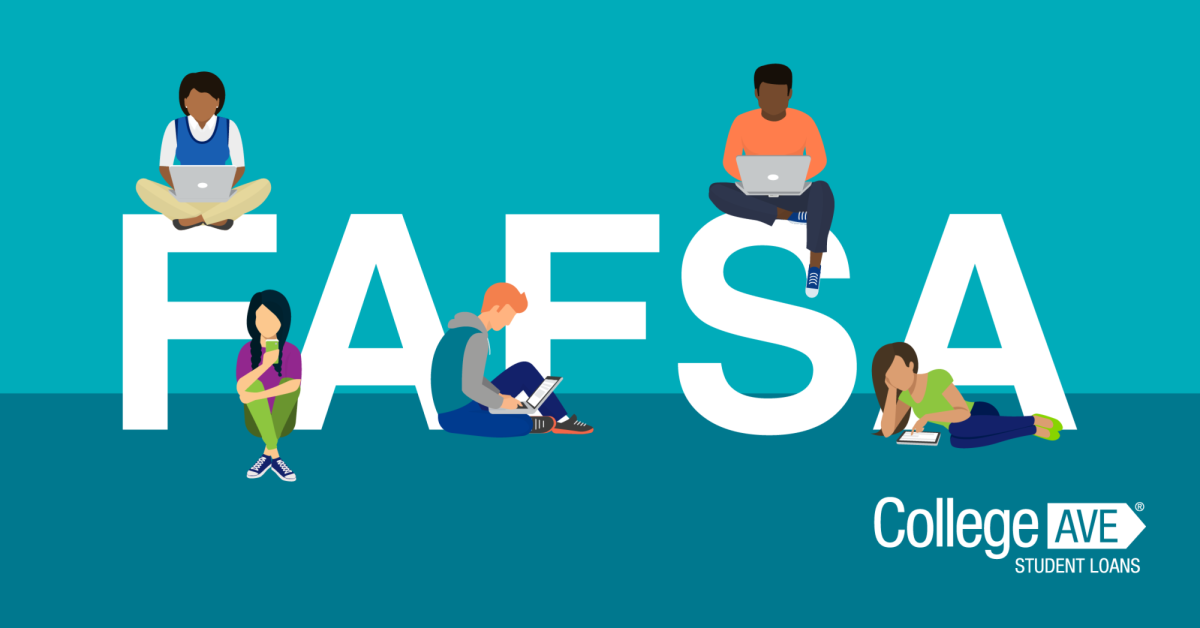As we get closer to the end of the semester, one thing has been made clear to me, we need to get back to on campus learning as soon as possible in whatever form is most safe.
The shutdown, while a decent attempt to help stop the spread of the Coronavirus, caused a problem that may take more than a vaccine to help solve: mental health issues, specifically in teenagers.
In a study done by the Psychiatric Times on 8079 Chinese juniors and seniors, using the Patient Health Questionnaire (PHQ-9) and the Generalized Anxiety Disorder (GAD -7) questionnaire, the researchers found that 43.7% (roughly 3530) of those surveyed had symptoms of depression, 37.4% (roughly 3021) had anxiety symptoms and 31.4% (roughly 2537) had both depression and anxiety symptoms during the time of spread of COVID-19 and the lockdowns.
These results seem to be consistent with the survey results found on American teenagers. In a Mission Statement Behavior Health study on about 1,500 teenagers in Santa Barbara and other parts of southern California, 70% of those studied said that they were having problems with their mental health. Digging a little bit deeper, over 50% of the teenagers said they were having anxiety issues and 43% had depression issues. The researchers believe that the spike in problems has been due to the lockdown and not being able to converse with their friends or just other people for so long.
Reading these statistics is painful, especially when you’ve seen and talked to someone who fits into these statistics as I have.
It was the beginning of April, me and a friend from the valley were talking about how bored we were after being forced to be inside for the last couple of weeks, and that even though it was nice to be able to play video games for so long, it was starting to become more of a time waster instead of having fun.
At this point, we were told that we wouldn’t have to worry about the lockdown for much longer, and that we were set to go back to campus in time for the end of the school year. So, we talked about plans to go out and have some fun, maybe meet up after we were done with our exams since we hadn’t seen each other since winter break.
Then, to both of our dismay, news came out that we would be on lockdown for longer and that we would most likely have to finish out the optional quarter online. What that also meant was we wouldn’t be able to fulfill our plans until an undetermined date.
After the announcement, there were some changes in my friend. He started to talk less and less, skip meals and avoid things that made him happy (such as video games) more and more. I knew that these were signs of depression, and I did check in on him every week or so just to be sure. But, I didn’t know the effect this pandemic had on him until one night in early May, where he called me sobbing, wondering why he was such a bother to his parents and wasn’t a good son.
My friend did recover from this incident, but it took its toll on him, and he really hasn’t truly been the same since then. He wasn’t a popular guy, but he also knew a lot of people and did enjoy the interactions he had with his peers. The lockdown took away his ability to go out and see people, and he paid the price for it, a debt he may not fully pay off for years to come.
Humans are social creatures, especially teenagers going through highschool, and they can’t just sit around and not have any physical social interaction. It’s why people who get the solitary confinement punishment in prison often come out more mentally unstable and dangerous than before. And while people did have their technology and the people in their household at their advantage, not being able to get out the house and meet up with people has ruined the mental health of a whole generation of humans.
That’s why we need to get back to on campus learning sooner rather than later. Even though opposition to the proposed plan say that going back to campus learning would be like a prison, being in a classroom with those who choose to be is better than having them stuck looking at a screen all day in isolation. Although restricted, being able to see your peers and have those physical interactions with them will help those on campus fight back against those mental health struggles they may or may not have gone through.
Of course, I’m not advocating for the district to get us back on campus during a bad time or with a plan that will make the pandemic matters worse, that’s just reckless and plain stupid. But, if the school board and the trustees truly have the best interest of the students in mind, they will get us back on campus sooner rather than later.
To read the other side of the argument, go here: http://thegrizzlygrowler.org/2020/12/02/should-we-go-back-to-school-con/







